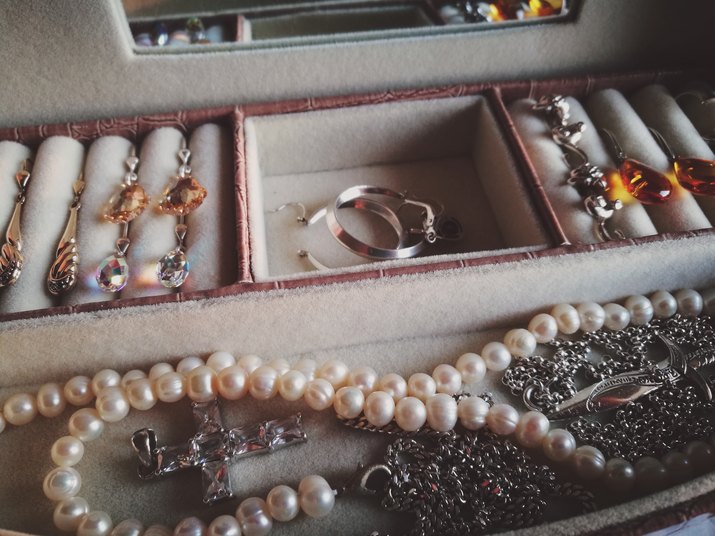
Your jewelry is exposed to all the same dust, sweat and grime that your clothes collect each day. So why do you wash your clothes regularly but forget to do the same for your earrings, watches and necklaces? It's easy to keep jewelry clean and gleaming when you use stuff you already have around the house. No more spending money on chemical-laden jewelry cleaner for you.
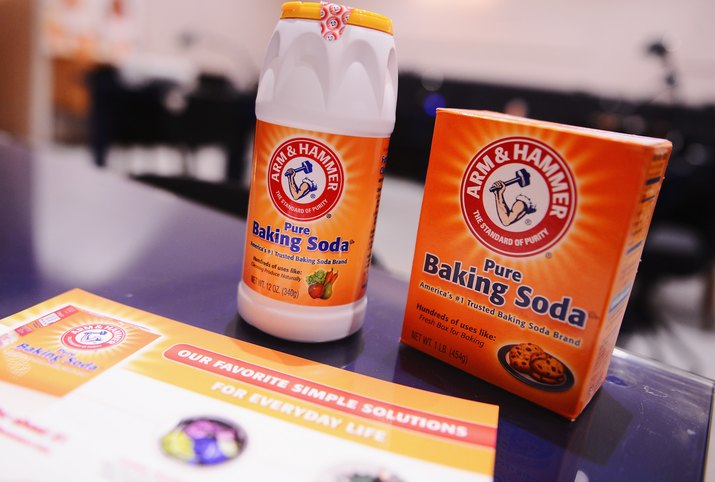
Baking Soda
Is there anything baking soda can't clean? This powerful little scrubber comes to the rescue once again when your silver jewelry starts to look dingy. Make a paste of baking soda and water and rub it into the silver. Rinse the jewelry and rub it dry with a soft cloth to prevent streaking.
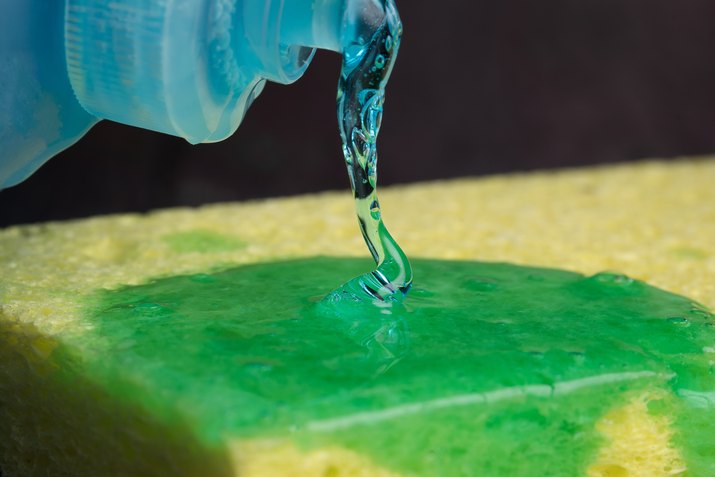
Dish Soap
Dish soap can be used to clean many types of jewelry. This method is also one of the best options for cleaning leather items like a watch strap. Fill a small bowl with warm water and a squirt of dish soap. Use a soft brush to massage a small amount of soapy water into the jewelry. Use a damp cloth to remove any soap residue and a second cloth to dry the jewelry right away.
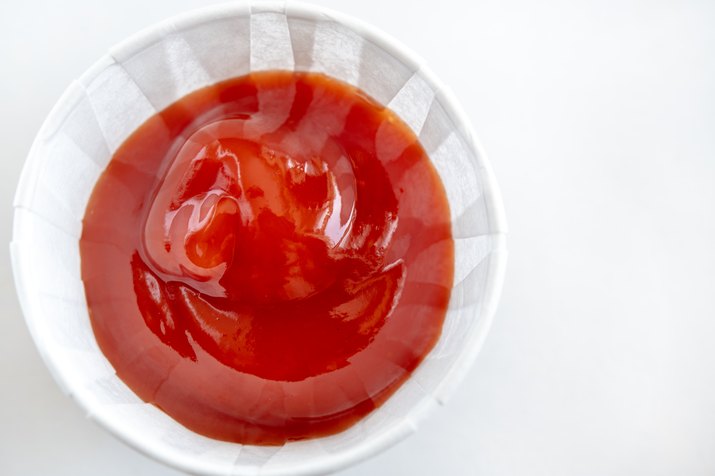
Ketchup
When someone tells you to submerge your jewelry in ketchup, you can be forgiven for thinking you're being tricked. The first person to figure out that this strategy worked took quite a chance, but it really can be effective for polishing gold and silver jewelry. Use a toothbrush to rub some ketchup into the jewelry and rinse it in warm water. This technique shouldn't be used on pricy or heirloom jewelry, but should safely remove some tarnish from less valuable pieces in a pinch.
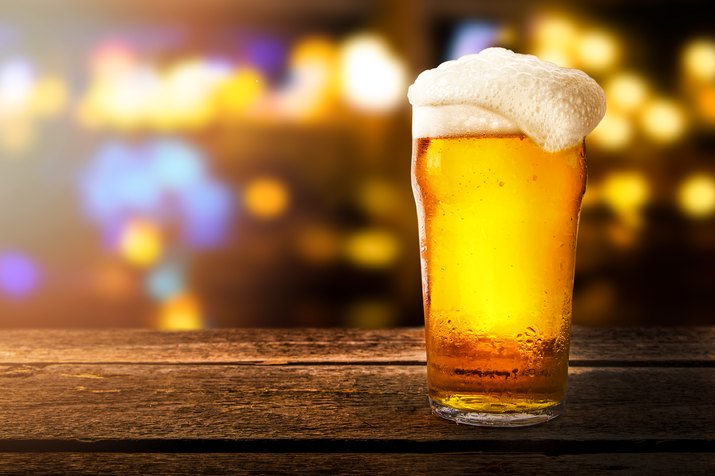
Beer
First ketchup, and now beer? Turns out it's easier to clean jewelry in a bar bathroom than you might have thought. A cheap, simple lager may actually be effective at restoring the shine to your gold jewelry. Submerge a piece in a cup of beer for a few minutes, rinse and dry. Just be mindful to discard the beer and pour yourself a fresh one.
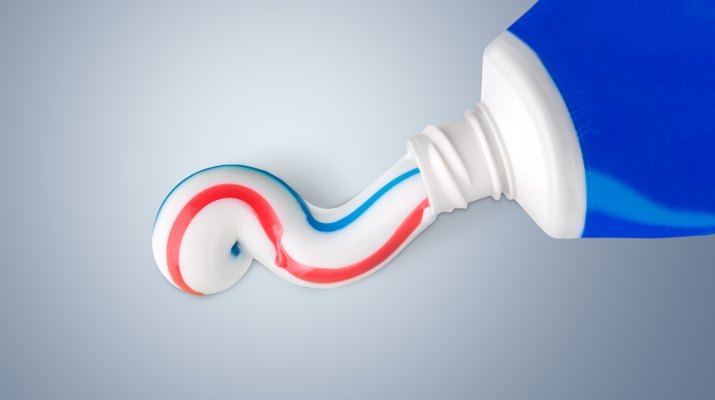
Toothpaste
Toothpaste cleans your teeth and your favorite bracelet, too. This method isn't safe for all types of jewelry. Don't use it to clean pearls, gold or anything that's super valuable or sentimental, as the grit from toothpaste may damage certain types of materials. But for cleaning everyday jewelry, plain white toothpaste can get the job done.
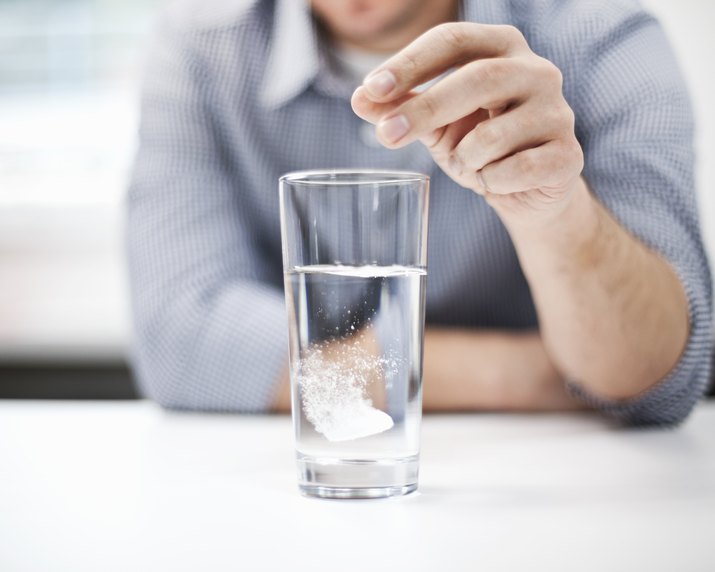
Effervescent Antacids Tablets
The little tablets that you use to soothe bouts of heartburn can also strip dirt and grime from some types of hard jewelry, like diamond studs or silver rings. You want the kind of antacid tablets that fizz in water for this mission. Make sure they're white so no dye taints your jewelry. Dissolve the tablets in water, drop in the pieces, let them soak until the water is done fizzing and dry with a soft cloth.
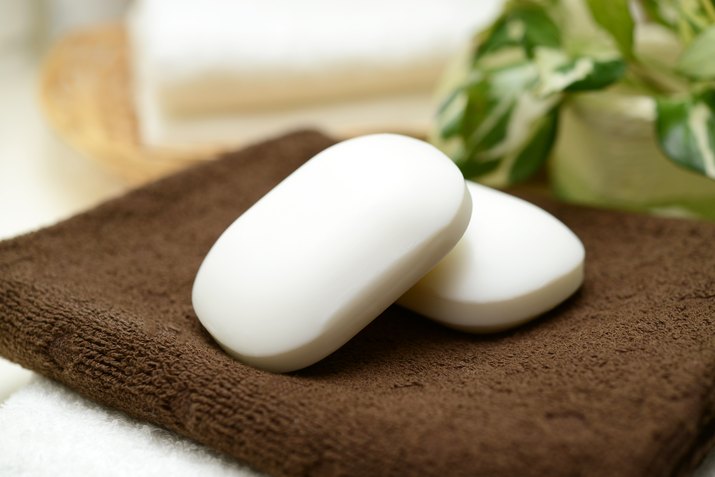
Bar Soap
Never discount the cleaning power of basic bar soap. It's safe enough to use on your hands while wearing rings, so it's also safe enough to use for cleaning many types of jewelry. Lather up your damp hands with soap and use your fingers to massage dirty jewelry. Rinse and dry the pieces with a soft cloth.
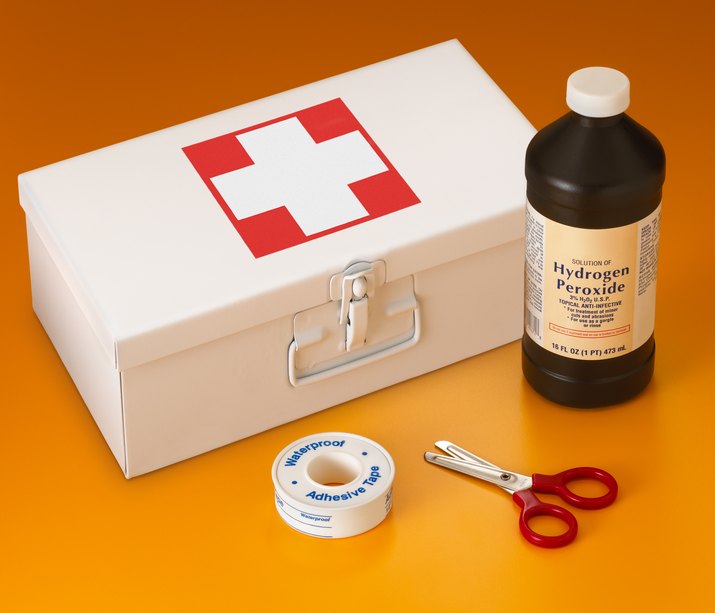
Hydrogen Peroxide
Hydrogen peroxide is seriously powerful stuff. It can both clean and disinfect your jewelry, but like some other types of DIY cleaning solutions, it's not a great idea to use this method on every type of jewelry in your box. That said, some people swear by cleaning their wedding rings and earrings in hydrogen peroxide. Let the pieces soak for just a minute, then rinse. Repeat as necessary.
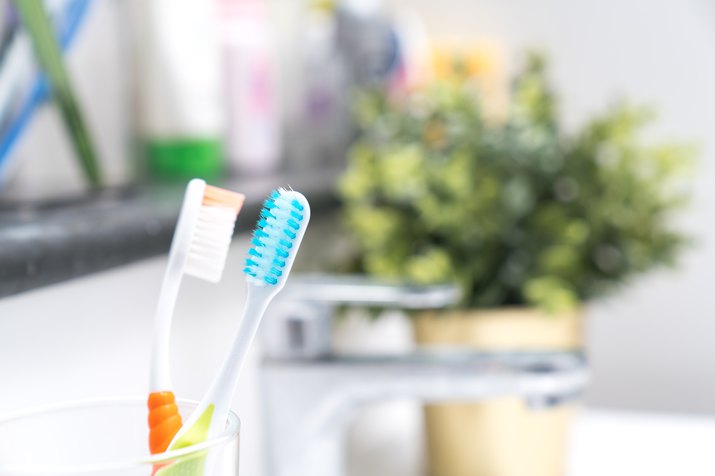
Toothbrush and Water
If you can remove grit from a sentimental item using just a toothbrush, you don't have to risk damaging the piece with a stronger abrasive. Dip a soft, clean toothbrush in water and gently brush the nooks and crannies of your favorite jewelry. Rinse the item in water and save the brush for future cleanings.
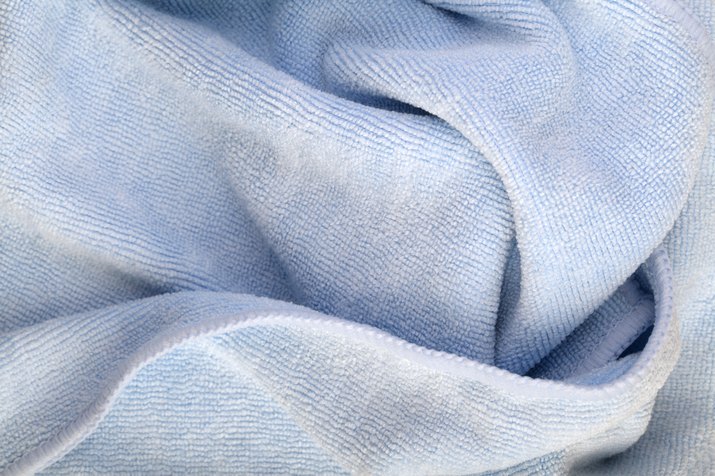
Microfiber Cloth
A microfiber cloth is soft enough to use on jewelry without damaging it. If there's dust or other particles clinging to the item, this cleaning method should easily attract them. Just make sure to use a clean, soft cloth that hasn't been used for other home cleaning to rub into jewelry. A microfiber cloth that you use for, say, dusting could have lingering chemicals that could damage fragile pieces.
Advertisement
Video of the Day